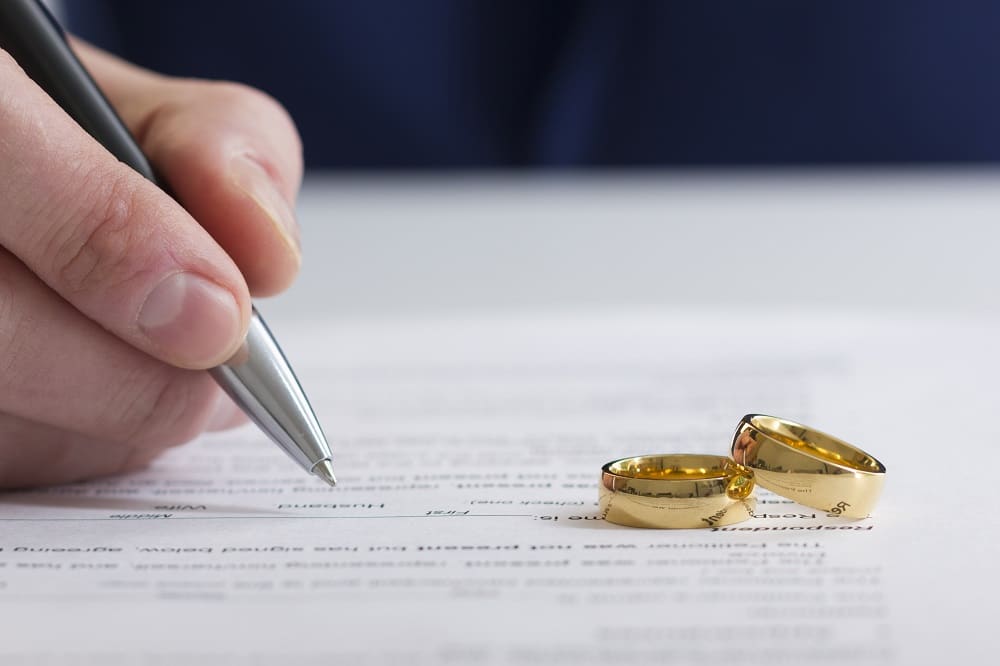
Who Can Serve Papers in a California Divorce?
If you’re going through a divorce on your own, you’re wondering who can serve papers in California – and the good news is that there are several people who may qualify to do so. However, you need to know that if you work with a Stockton divorce attorney, she’ll handle serving your papers for you… and she’ll tackle other tough jobs, like negotiation, child custody and all the other aspects of divorce, too.
(Learn more about how to serve divorce papers in California.)
Who Can Serve Papers in a California Divorce?
In a divorce, any of the following people can serve papers in California:
- County sheriff or marshal
- Coworkers
- Friends
- Professional process server
- Relatives
- Anyone who’s over 18 and is not part of the case

Legally, you have to give the other party in any lawsuit a formal notice that you’re pursuing legal action. The technical term for this is service of process, which is shortened to service (and why you hear people on television say, “You’ve been served.”)
How Can Someone Serve Papers in California?
There are a few ways someone can serve papers in California, including:
- Personal service
- Service by mail
- Substituted service
- Service by publication
- Service by posting
Personal Service
The documents can be personally delivered to the other party, which is called personal service. If you’re having someone serve your soon-to-be ex-spouse, he or she:
- Can give the papers to the person being served anywhere – at his or her home, at work, or elsewhere.
- Must identify the party being served, and hand the papers to the person. Then the server must inform the person that they are court papers. (This is where the “You’ve been served” part comes in!) If the person won’t take the papers, the server can leave them on the ground in front of the person – and even if the person being served snatches the papers away and tears them up, throws them in a dumpster or tries to hand them back to the server, the service is considered valid.
- Must fill out a proof of service form that says when, where and how he or she served the other party.
Service by Mail
In service by mail, someone who isn’t a party to the case must mail the documents to the other party. In service by mail, the person mailing the papers:
- Can mail to the other party’s home or mailing address.
- Must fill out a proof of service form that identifies the person the papers were mailed to, the address the server used, and when, how and where they were mailed from.
Substituted Service
You can only use substituted service if you’ve attempted to serve the papers several times and failed. It occurs when the server, on his or her last attempt, leaves the paperwork with someone at the other party’s house. That person has to be at least 18 years old and live there. The same rules of service apply, including the server telling the person taking them that they’re legal documents for the other party, and taking down the name and address of the person who took the papers.
The server can also leave the paperwork with someone at the party’s place of employment, but that person has to “appear to be in charge” and be at least 18 years old.
Service by Notice
Service by notice and acknowledgement of receipt is when the other side agrees to be served by mail and says he or she will sign a court document saying that the papers arrived.
Service by Publication
In rare cases, you can publish the summons and complaint in a newspaper as a form of service. However, there’s a special process to use if you don’t know where your soon-to-be ex-spouse is located.
Service by Posting
Also very rare, service by posting involves you asking the clerk of court to post the summons and complaint in a visible place (usually a place designated for court notices) at the courthouse. You have to ask the court for permission to do this, just like you have to ask if you can use service by publication.
Please note that these types of service apply to divorce papers only – there are other options for serving someone with papers in different types of lawsuits.
Do You Need to Talk to a Stockton Divorce Lawyer?
If you’re thinking about divorce, you don’t have to worry about serving your soon-to-be ex-spouse or any of the other legal aspects of your case – you can work with a Stockton divorce attorney who will handle it all for you.
Call us at (209) 989-4425 or get in touch with us online to talk to a lawyer right now. We’ll help you with every aspect of your divorce, from child custody and child support to alimony and property division. We can even refer you to a divorce therapist if you need to talk to someone about what you’re going through.


